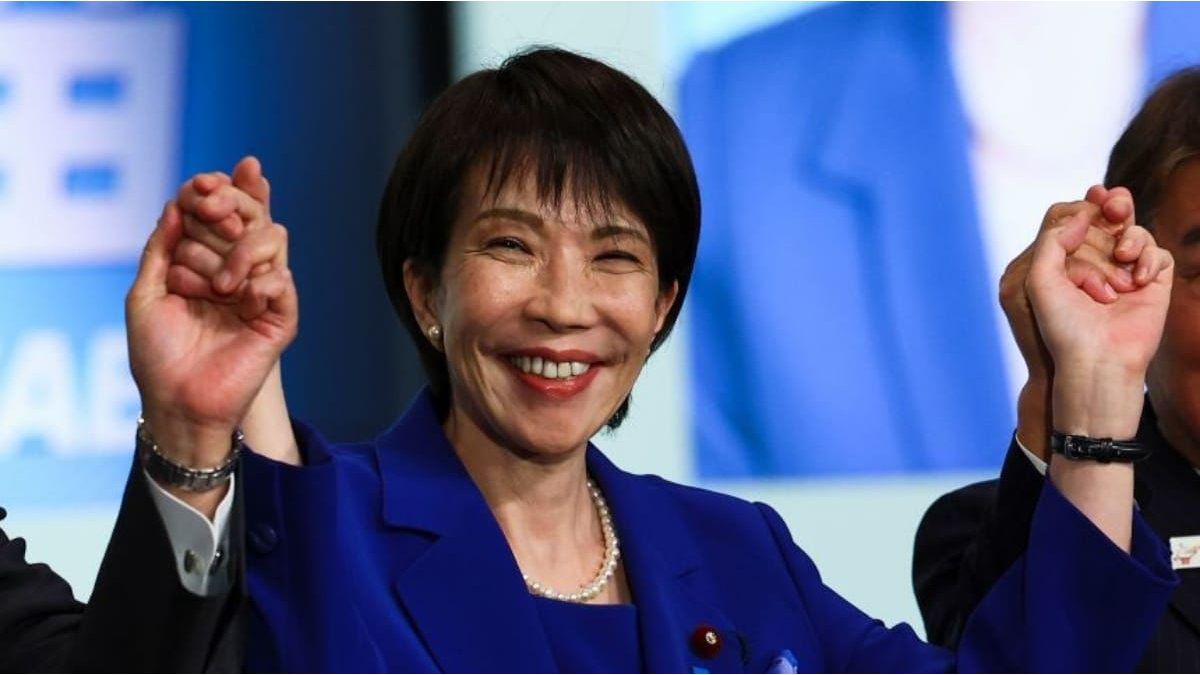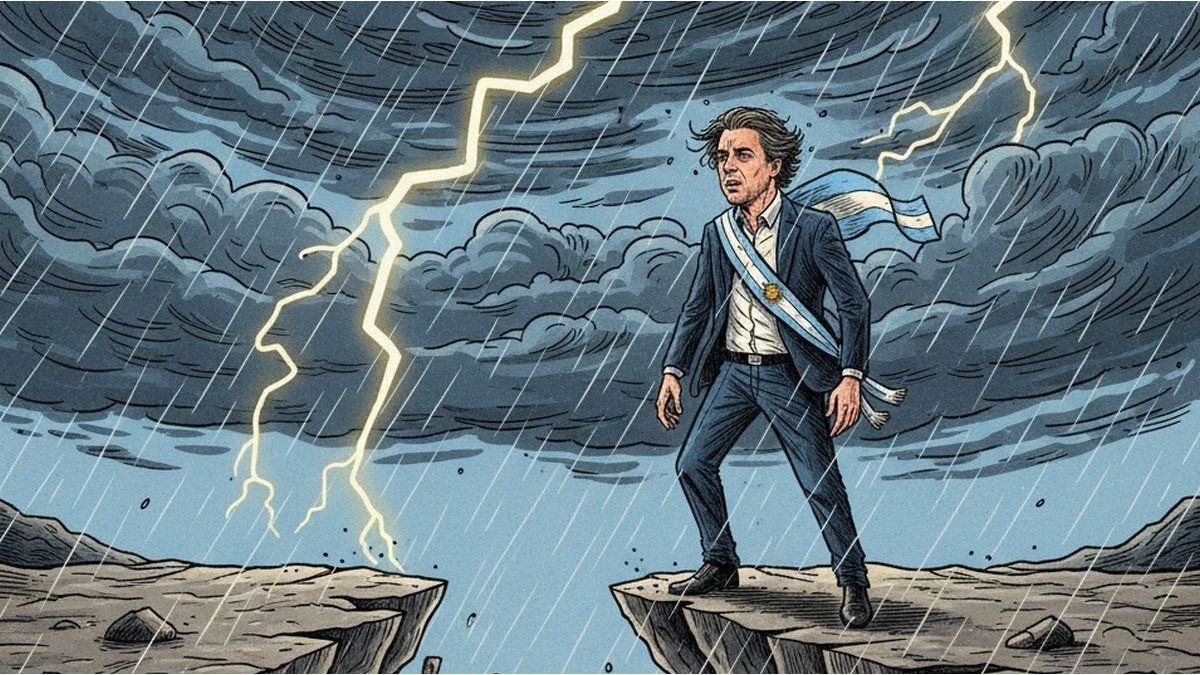Menu
Capital market: Use money: Brussels wants to make savers into investors
Categories
Most Read
Double taxation: Why does it exist in pensions and who is affected?
October 21, 2025
No Comments
Large US banks demand guarantees and guarantees to support the aid of US$20,000 million to Argentina
October 21, 2025
No Comments
Labor market: Difficult times for temporary workers in Germany
October 21, 2025
No Comments
What are the prices that have risen and fallen the most since Javier Milei took office?
October 21, 2025
No Comments
Power supply: Electricity prices too high in winter? Authorities submit report
October 21, 2025
No Comments
Latest Posts

Who is Sanae Takaichi, the Iron Lady of Japan
October 21, 2025
No Comments
The politics Sanae Takaichi She was elected this Tuesday as Prime Minister of Japanbecoming the first woman to achieve this. Hard-line conservative, and follower of

Chess grandmaster Daniel Naroditsky dies at 29
October 21, 2025
No Comments
October 21, 2025 – 09:29 “Let us remember Daniel for his passion and love for the game of chess, and for the joy and inspiration

Argentina on the threshold: echoes of 2001 in the economy of Javier Milei
October 21, 2025
No Comments
October usually marks the tragic turns of the Argentine economy. In 2001, the government of Fernando de la Rúa lost the legislative elections and with
24 Hours Worlds is a comprehensive source of instant world current affairs, offering up-to-the-minute coverage of breaking news and events from around the globe. With a team of experienced journalists and experts on hand 24/7.

